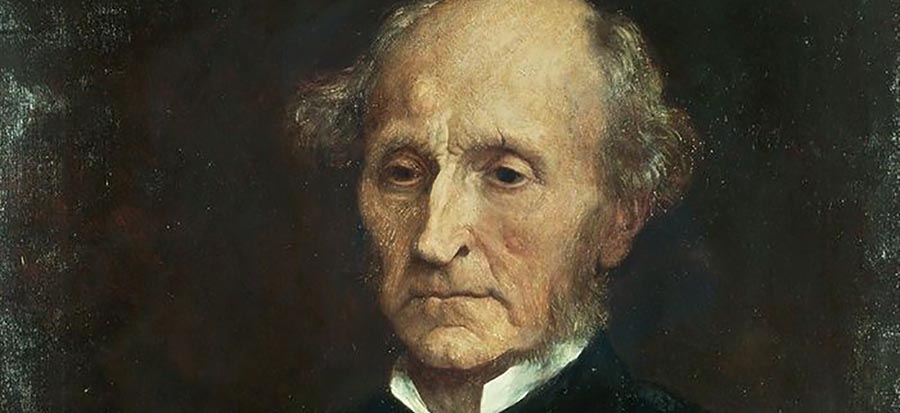20 Brilliant Minds That Transformed Philosophy Forever
Every era has its visionaries—those rare individuals who dared to question the obvious, dismantle old beliefs, and construct bold new ideas about life, reality, truth, and the human condition. These weren’t just thinkers confined to ivory towers. They were revolutionaries of the mind, shaking the foundations of how we perceive everything from existence to ethics, from knowledge to power.
The Most Important Philosophical Ideas to Understand
The way we think, act, and interpret the world is shaped in subtle—and sometimes not-so-subtle—ways by the culture we grow up in. The values instilled in us, the language we use, and the very assumptions we make about life are often inherited without question. That’s where philosophy steps in. It serves as a tool for self-awareness, allowing us to peel back those inherited layers and start asking why. Why do we believe what we believe? Why do we behave a certain way when challenged? Through philosophical inquiry, we gain access to the roots of our behavior and the deeper truths of who we are, giving us a mirror to better understand both our inner world and the society we’re woven into.
The Meaning of Philosophy and Its Core Concepts
Philosophy, which literally translates from Greek as “the love of wisdom,” is far more than an academic subject—it is a timeless human endeavor to wrestle with the deepest and most foundational questions of life. These questions span the nature of existence, the limits and structure of knowledge, our system of values, the mechanics of thought, and the complexities of language and mind.


